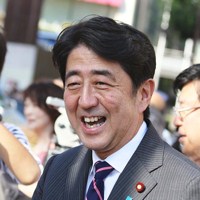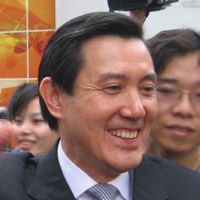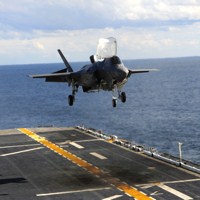
As a strategic approach, the U.S. pivot or rebalance to Asia seeks to expand the American political, economic and military presence in the Asia-Pacific region. While this realignment is not only about China, it is also evident that much of the thinking behind it relates to China, and in particular how a more engaged American leadership in Asia could be potentially productive in steering Beijing toward a path that, from the U.S. perspective, would be beneficial for regional and global order. The strategic shift has led many observers to perceive the rebalance as a means for the U.S. to maintain […]








